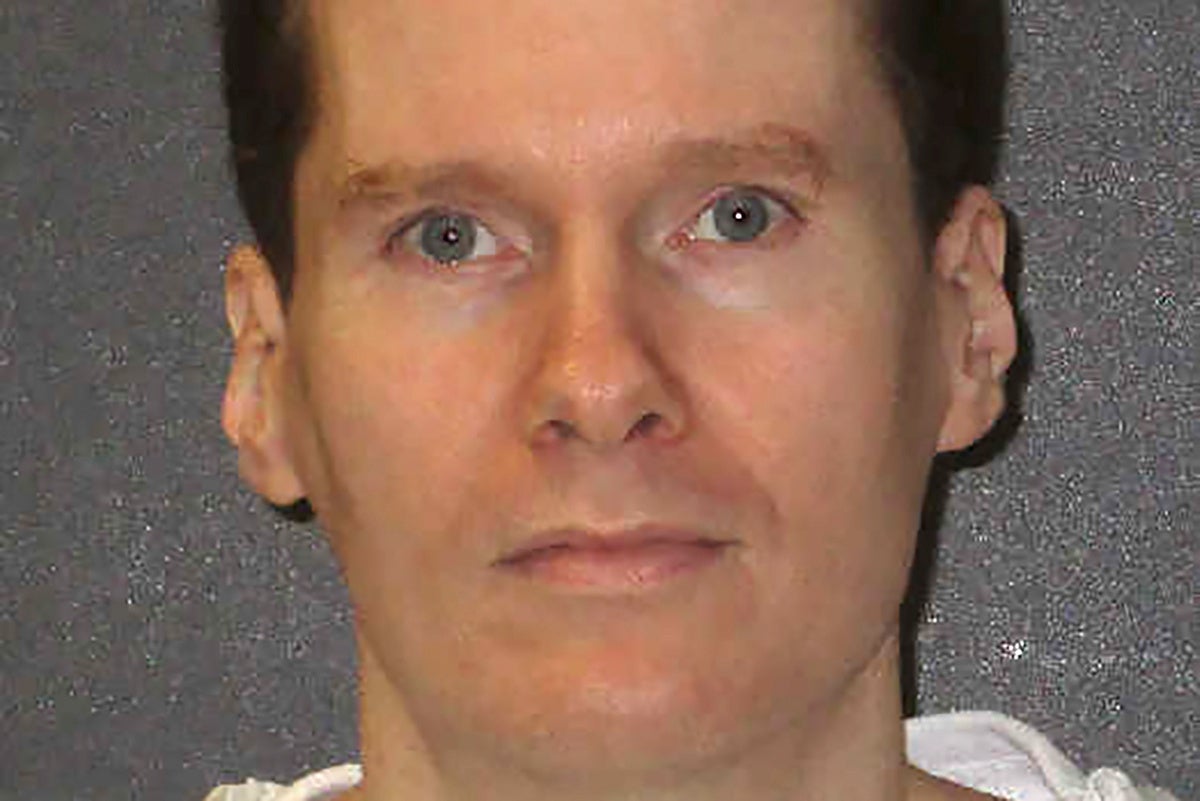Texas carries out its first execution during pandemic after Supreme Court gives go-ahead
Billy Joe Wardlow committed murder at 18, which his lawyers have argued should be considered too young for the death penalty

Your support helps us to tell the story
From reproductive rights to climate change to Big Tech, The Independent is on the ground when the story is developing. Whether it's investigating the financials of Elon Musk's pro-Trump PAC or producing our latest documentary, 'The A Word', which shines a light on the American women fighting for reproductive rights, we know how important it is to parse out the facts from the messaging.
At such a critical moment in US history, we need reporters on the ground. Your donation allows us to keep sending journalists to speak to both sides of the story.
The Independent is trusted by Americans across the entire political spectrum. And unlike many other quality news outlets, we choose not to lock Americans out of our reporting and analysis with paywalls. We believe quality journalism should be available to everyone, paid for by those who can afford it.
Your support makes all the difference.Texas has executed its first death row inmate since it first confirmed a case of coronavirus after a Supreme Court ruling allowed his execution to go ahead.
Billy Joe Wardlow, 45, was sentenced to death in 1993 for a robbery and murder in which he and his girlfriend tried to rob 82-year-old Carl Cole of his truck using a .45-calibre gun. Mr Wardlow fired the gun in a struggle, and Cole was killed; the couple were arrested two days later.
Mr Wardlow had appealed against his death sentence on the basis that he was only 18 when he committed the crime. His lawyers argued that since some neuroscientists now agree that the human brain is still developing up until the age of 21, it is not possible to accurately predict how dangerous an 18-year-old might be in future – and that people under 21 who commit capital offences should therefore not be sentenced to death. (The current lower limit is 18.)
The lawyers’ argument was turned down this week by the US Supreme Court, allowing the execution to go ahead.
Mr Wardlow declined to give a final statement in the execution chamber, but wrote to the parole board last month describing how his 27 years in prison had changed him.
“I came to death row a scared boy who made poor choices,” he wrote. “I will leave death row a man that others admire because I weathered the storms of life with the help of people that loved me. We should all be so fortunate.”
Before Mr Wardlow, the last man Texas executed was Abel Ochoa, who was put to death on 6 February – a week before the state confirmed its first coronavirus case. He was sent to death row in 2003 for killing five members of his family.
The state did attempt to execute another man in March, but the authorities halted the procedure with just days to go because bringing the required witnesses together would risk spreading the coronavirus. The man concerned, John William Hummel, will be executed at an as-yet-undetermined later date.
Texas, which in some years has executed more people than all the other death penalty states put together, currently has two more executions scheduled for this year.
Join our commenting forum
Join thought-provoking conversations, follow other Independent readers and see their replies
Comments